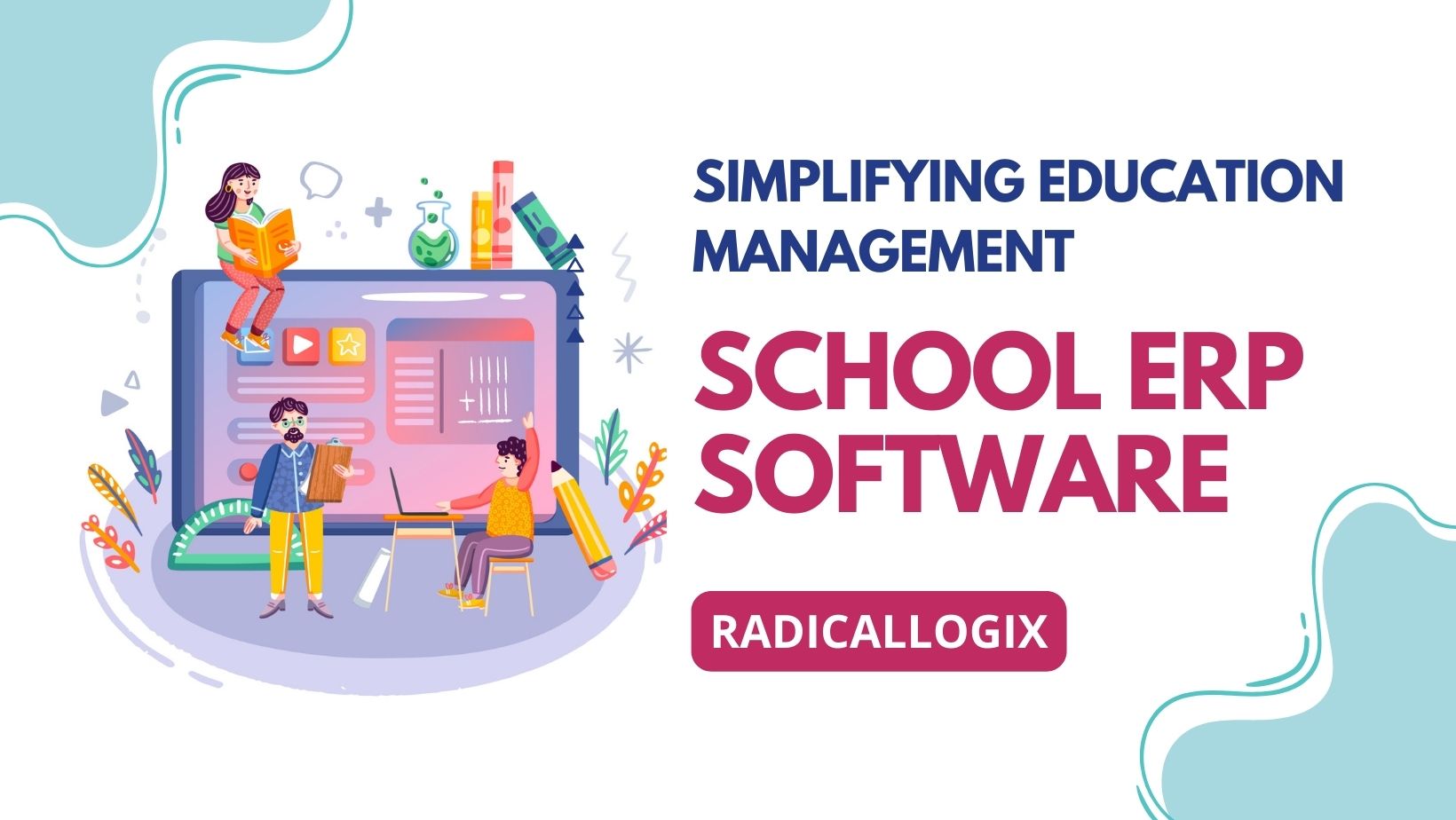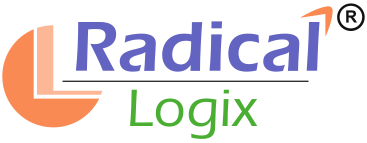School ERP Software: Simplifying Education Management

Technology has permeated every industry in the modern period, including education. Educational institutions use School Enterprise Resource Planning (ERP) software to streamline administrative procedures, improve communication, and increase overall effectiveness. This extensive page thoroughly overviews School ERP, including its features, advantages, and deployment methods.
What is School ERP software?
A centralised management system called school ERP software is intended to automate and streamline many administrative and academic functions within educational institutions. It integrates several modules to make communication, data management, and decision-making processes easier. ERP software offers a one-stop shop for all school-related operations, handling everything from student applications and attendance management to report generation and online exam administration.
Features of School ERP Software
- Student Information System (SIS)- The SIS module makes it possible to manage student-related data effectively. Examples of such data include admissions, attendance, grades, behaviour histories, and health details. It makes sure that administrators, parents, and instructors may easily access pertinent information.
- Staff Management- Employee information, attendance, payroll, leave administration, and performance review are all handled by the staff management module. It makes staff administrative responsibilities simpler, promoting efficient operations and resource management.
- Academic Management- The academic modules include a wide variety of subjects, such as exam scheduling and administration and the processing of test results. It enables efficient management of academic responsibilities and facilitates the monitoring of students' progress in their studies.
- Collaboration and Communication- Through features like SMS/email notifications, web portals, discussion forums, and message systems, ERP software enables efficient communication between educators, parents, and students. Better engagement is encouraged, and the bond between the school and the community is strengthened.
- Financial Management- Budgeting, fee management, accounting, and financial reporting are all handled by the financial management module. Financial activities are streamlined, manual errors are decreased, and financial transactions are transparent.
- Library Management- ERP software provides an all-inclusive library management system that includes cataloguing, circulation, inventory control, and online resource access as individual components of the system. It simplifies library procedures and makes better use of available resources.
- Transport Management- This function assists in the administration of matters pertaining to transportation, such as routes, vehicle tracking, attendance, and fee collection. For students, it guarantees effective and safe travel services.
Advantages of School ERP Software
- Enhanced Efficiency- Time-consuming operations are automated by ERP software, resulting in less physical labour and paperwork. It enhances accuracy, streamlines processes, and frees up the time of the administrative staff.
- Better Collaboration- The software promotes effective collaboration between educators, parents, and children by facilitating smooth communication among stakeholders. It guarantees prompt feedback, updates, and information exchange.
- Accessibility and Centralization of Data- School ERP centralises all pertinent data, making it simple for authorised people to access. Informed decision-making is aided by the effective retrieval, analysis, and reporting made possible by this.
- Improved Parental Engagement- ERP software gives parents real-time access to information about their children's academic performance, attendance, homework, and interactions with teachers. This encourages engaged parental involvement and aids in keeping track of pupil progress.
- Streamlined Administrative Processes- ERP software streamlines administrative processes from admissions to fee administration, removing manual errors and paperwork. It ensures the institution runs smoothly and optimises resource allocation.
- Data Security and Privacy- To protect sensitive data, ERP software has strong security features. Data security and privacy compliance are ensured through access limits, data encryption, and regular backups.
Implementation Techniques of School ERP Software
Careful planning and execution are necessary for the successful adoption of school ERP software. Consider the following important tactics:
- Needs assessment- Rank the features in accordance with the standards that are specific to the institution after you have determined those requirements.
- Vendor Selection- Examine the levels of performance, scalability, support, and personalization offered by a number of different ERP software vendors.
- Vendor assessment- Engage all parties involved in the decision-making process and implementation plans, such as IT staff, teachers, parents, and school administrators.
- Training and support- To guarantee that the programme is used effectively, give staff members thorough training. Provide ongoing technical assistance for any questions or problems.
- Data Migration- Coordinate and carry out an effortless transfer of existing data to the new system, ensuring both the correctness and integrity of the data throughout the process.
- Gradual rollout- Implement the software in stages, beginning with the most important components and then gradually growing in response to user input and requirements.
The Bottom Line
As a crucial tool for educational institutions, school ERP software has revolutionised administrative procedures and increase overall effectiveness. It streamlines processes, improves communication, and offers useful insights for wise decision-making by combining multiple modules and automating tasks. Adopting school ERP software enables educational institutions to keep ahead in this technologically advanced world and provide students with improved learning opportunities.



